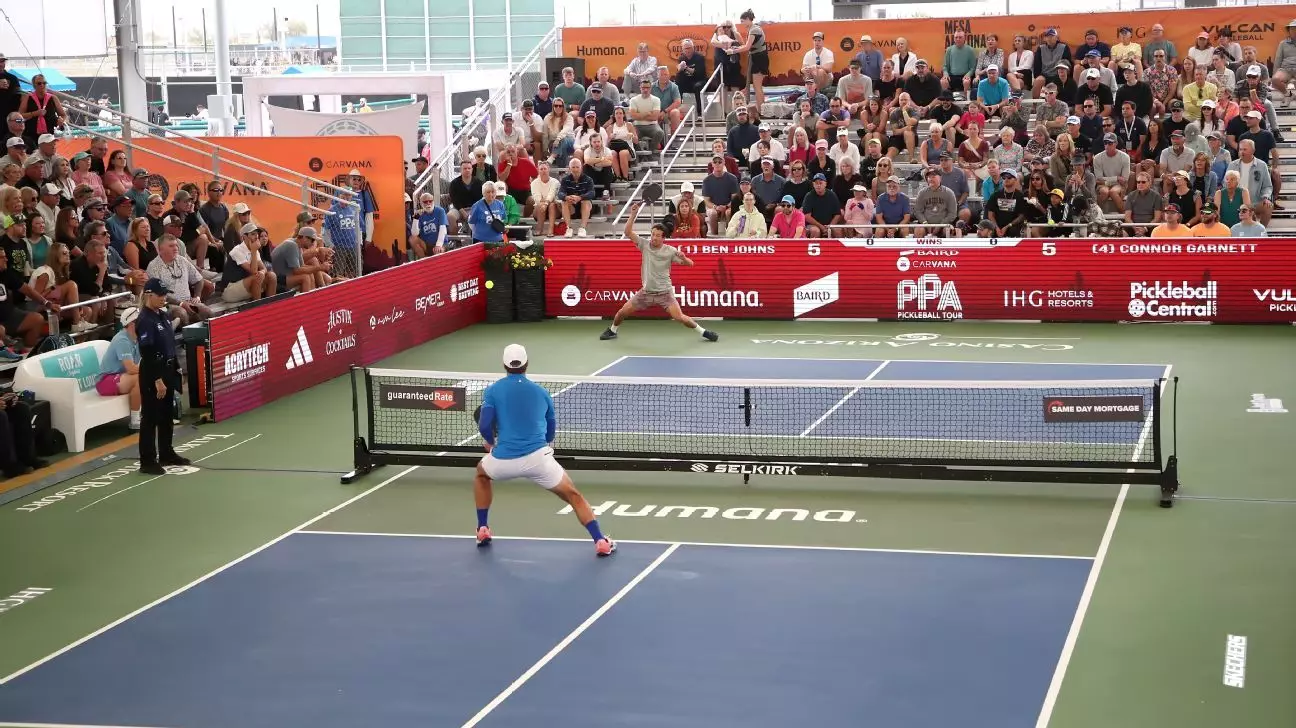The recent formation of the World Pickleball Players Association (WPPA) signifies a pivotal moment in the sport’s evolution. For years, professional players have operated largely as independent entities, often at the mercy of league structures and sponsorship deals that favor organizational interests over athlete welfare. This new initiative signals a bold move towards athlete empowerment, positioning players not just as participants but as stakeholders with a voice in their sport’s future. It challenges the traditional power dynamics that have long prioritized league interests over player concerns, aiming to establish a more equitable and sustainable framework for professional pickleball.
Addressing Core Issues: The Drive for Transparency and Safety
At the heart of this movement lie fundamental issues that have persisted behind the scenes for too long. Player safety protocols, compensation transparency, and fair scheduling are among the most pressing concerns. Historically, players lacked a unified voice to advocate for improvements in these areas, resulting in a fragmented landscape where their needs often went unmet. By forming a cohesive association, pickleball athletes are now demanding accountability, establishing minimum standards, and seeking to elevate the sport from a casual pastime to a respected professional arena. This unified front aims to safeguard athlete well-being while fostering a culture of fairness and respect.
Balancing Collaboration and Autonomy
One of the most insightful aspects of this development is the emphasis on collaboration rather than confrontation. Collin Johns highlighted that the WPPA is not intended to be antagonistic towards existing tours or leagues. Instead, the association seeks to create a collaborative environment where player interests are incorporated into decision-making processes. Such an approach recognizes that growth of the sport relies on a symbiotic relationship between players and organizers. Establishing clear standards and open channels for dialogue could serve as a blueprint for sustainable development, avoiding the divisiveness that can undermine progress and unity in emerging sports markets.
Lessons from Other Sports and the Rise of Player Power
The inception of the WPPA echoes a broader shift seen across various professional sports sectors. The comparisons to the Professional Tennis Players Association and other athlete-led organizations underscore a growing recognition that athletes deserve autonomy and influence. Unlike traditional unions—such as those in Major League Baseball or the NFL—pickleball players face unique classification challenges as independent contractors. This necessitates innovative models that ensure players’ rights without disrupting the sport’s entrepreneurial spirit. The support from entities like Sports Solidarity demonstrates the importance of strategic alliances in amplifying athlete voices and fostering meaningful change.
The Future of Pickleball: From Playgrounds to Power Brokers
As pickleball continues its meteoric rise, propelled by increasing popularity and lucrative sponsorships, the creation of the WPPA symbolizes more than a protective measure—it represents an opportunity to shape the sport’s trajectory. It’s a declaration that players are no longer passive recipients but active architects of their professional destiny. This shift has the potential to elevate pickleball from a niche recreational activity to a model of athlete-centric sports management. The implications extend beyond rules and rankings; they touch on the very essence of fairness, respect, and growth in a rapidly expanding sport.
While critics may argue that such organizations could create conflicts or complicate governance, the innovation here lies in prioritizing athlete representation. The success of the WPPA will be judged not merely on its structure but on its ability to catalyze genuine, positive change. The move signals a new chapter—one where pickleball players stand united, armed with collective bargaining power, advocating for a future where their voices shape policies, safety standards, and competitive fairness at every level of the game.

